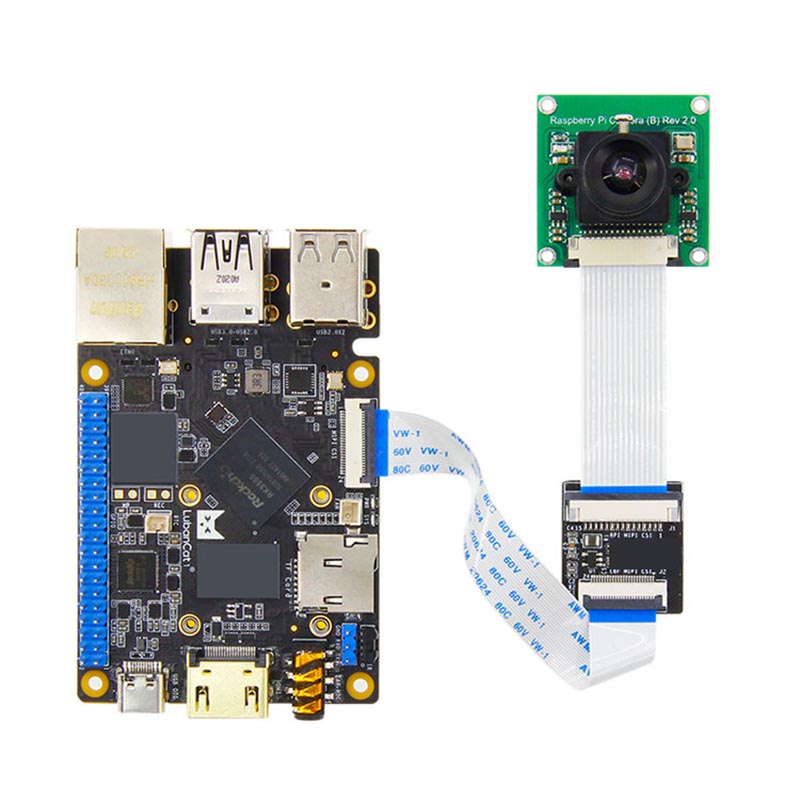Types of Raspberry Pi adapter boards
2024-03-27
A Raspberry Pi adapter board typically refers to a board designed to extend or enhance the capabilities of a Raspberry Pi single-board computer (SBC). These adapter boards can take various forms and serve different purposes, ranging from adding additional ports and connectivity options to providing power management features or integrating specialized hardware components.
Here are some common types of Raspberry Pi adapter boards:
1. Expansion Boards/Hats: These boards are designed to fit directly onto the GPIO (General Purpose Input/Output) pins of the Raspberry Pi. They usually offer additional features such as more GPIO pins, sensors, motor controllers, displays, or communication interfaces like SPI, I2C, or UART.
2. Power Management Boards: These boards are focused on providing efficient power management solutions for the Raspberry Pi and its peripherals. They may include features such as battery charging, voltage regulation, or UPS (Uninterruptible Power Supply) functionality to ensure stable and reliable power supply.
3. Audio Boards: Designed to enhance the audio capabilities of the Raspberry Pi, these boards often include features like high-quality DACs (Digital-to-Analog Converters), amplifiers, headphone outputs, or microphone inputs for audio recording and playback applications.
4. Camera Boards: Raspberry Pi camera adapter boards allow the connection of official Raspberry Pi camera modules, enabling users to capture images and videos with their Raspberry Pi for various applications like surveillance, photography, or computer vision.
5. Display Boards: These boards provide interfaces for connecting displays to the Raspberry Pi, such as LCD or OLED screens. They may also include additional features like touchscreen functionality or backlight control.
6. Networking Boards: These boards add networking capabilities to the Raspberry Pi beyond its built-in Ethernet or Wi-Fi connectivity. They may include features like cellular modem support, GPS receivers, or LoRa (Long Range) radios for IoT (Internet of Things) projects.
7. Storage Expansion Boards: Designed to expand the storage capacity of the Raspberry Pi, these boards provide interfaces for connecting additional storage devices such as SSDs (Solid State Drives) or HDDs (Hard Disk Drives) via USB or SATA connections.
8. Sensor Boards: Sensor adapter boards offer a variety of environmental sensors (e.g., temperature, humidity, motion, light) that can be easily interfaced with the Raspberry Pi for data acquisition and monitoring applications.
These are just a few examples, and there are many other types of adapter boards available for the Raspberry Pi, each catering to different needs and use cases.



